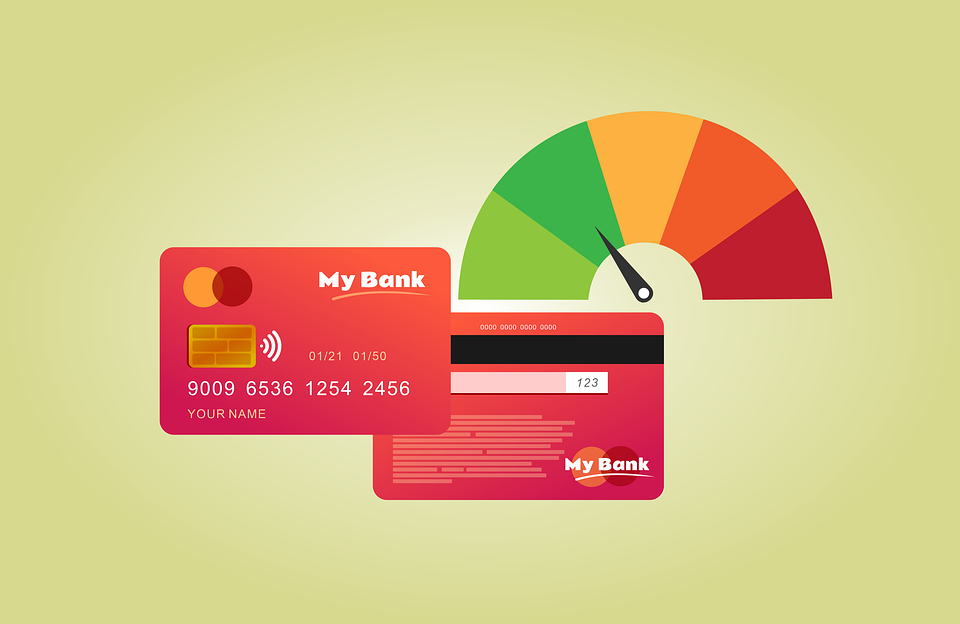Business v. Personal credit.
Do you already know the difference?
Your private credit score is based on your private credit records. When figuring out your credit score, credit score bureaus take a look at the wide variety of debts you have open, your overall debt, and your reimbursement history. This is weighed against your profits to debt ratio, and they come up with a score. Most creditors use your private credit score to evaluate the threat or opportunity of mortgage reimbursement in a timely manner. A business credit score is a completely distinctive animal and serves a completely unique purpose. Your enterprise score is a totality of your business budget leveraged in opposition to the lifespan of your enterprise. It is tracked by using your company’s EIN.
Although they’re unique metrics, the lines often get blurred, especially if you are a sole proprietor and use your non-public credit score as opposed to enterprise credit to make purchases. It’s critical to recognize that each has an effect on the other.
What is personal credit?
Most people begin to build their private credit after they get their first credit card or take out a mortgage for college. Personal credit is linked in your social safety quantity and follows you throughout your existence. Three main credit bureaus maintain your history, gather information from creditors, and conduct troubleshooting reviews. They take a look at a large number of things to provide you with your rating, consisting of the number of traces of credit opened, the timeliness of compensation, and your universal income to debt ratio.
Personal credit ratings vary from 350/bad to 850/awesome. Your credit score rating determines loan eligibility for mortgages, car loans, and more. It also units the interest rates that you may qualify for. The higher your rating, the more options you have.
What is business credit? | Virtual Office Business Credit Score
Business credit is a financial device in your enterprise. It’s used to qualify for loans and financing and set up healthy relationships with vendors and B2B corporations. If your employer has a low credit score, this could have an effect on your organization’s potential to stabilize so that a much-wanted mortgage increases. A high business credit score can often be used as leverage during negotiations, giving your business enterprise an edge over the competition while dealing with vendors or suppliers.
Business credit is linked to an employee identification number (EIN). An EIN is an IRS tracking number for your enterprise (think of it like a social security number for your company). To gain an EIN, you should ship software to the IRS independently of your company filing, along with your country of incorporation. Once you’ve got an EIN, you may open business financial institution accounts and credit cards.
Commercial enterprise and credit score
The purpose of every commercial enterprise is to establish a proper credit score. As crucial as it is to do that, you wouldn’t be absolutely knowledgeable if you didn’t understand the nuances of horrific or horrible credit scores and how that may affect your enterprise. First, let’s define financing and how it facilitates growing your enterprise. By definition, commercial enterprise financing refers to the corpus of finances and credit score applied in each business. Most businesses depend on financing to purchase property, items and offerings, uncooked materials, and more. Without financing, you severely restrict the growth of your company. You won’t qualify for credit cards, business loans, or financing without the right credit score. This may be catastrophic for new organizations inside the initial boom section.
As vital as excellent enterprise credit is, a recent study accomplished through the NAV Small Business American Dream Gap Report indicates that of the 250 small groups surveyed, 45 percent didn’t know they had an enterprise credit score, 72 percent didn’t realize where to find the records, and 82% didn’t realize how to read the report. By now, not being financially savvy, many entrepreneurs leave cash at the desk and avert their boom possibilities.
How Can Lakeview Campus Virtual Offices Assist?
As a Lakeviewcampus Virtual Office customer, we let you set up wonderful business credit. Once you register for a mailing address with Lakeviewcampus VO, after your first 30 days as our customer, you may request that we record it without delay with credit bureaus in every region. This will establish a fine enterprise credit score and provide you with boom possibilities. As a Lakeviewcampus VO patron in any of our 650 locations nationwide, we will let you construct your business credit score. Call and inquire nowadays!
A business’s credit score is crucial for securing loans and funding. A virtual office can enhance business credit by providing a professional address and reliable mail handling services. Virtual offices also offer amenities like conference rooms, improving the business’s image.
Personal credit is based on individual credit records and affects loan eligibility and interest rates. Business credit is a financial tool used to qualify for loans, establish vendor relationships, and gain leverage in negotiations. Business credit is linked to an employee identification number (EIN).
Establishing a proper credit score is essential for every business, as it affects financing opportunities. However, many entrepreneurs lack knowledge about business credit scores and their implications.
Lakeviewcampus Virtual Offices can assist in setting up excellent business credit by reporting directly to credit bureaus. Registering for a mailing address with Lakeviewcampus Virtual Office and utilizing their services can help establish a positive business credit score and unlock growth opportunities.

